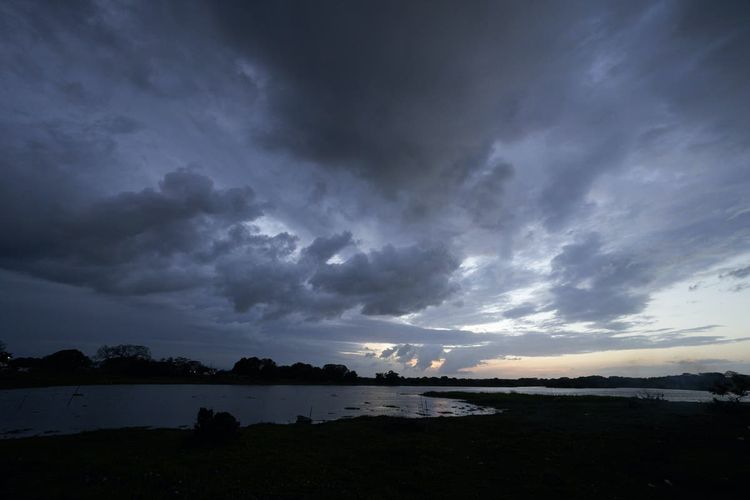What is a sudden stratospheric warming event? Weather event 'likely'

T
he Met Office has forecast that a major sudden stratospheric warming is likely to take place.
In 2018, a sudden stratospheric warming resulted in the Beast from the East. But this type of weather event does not always produce extreme weather changes.
Prof Adam Scaife, Head of Long-Range Forecasting at the Met Office, said: “There is now over 80 per cent chance of a major SSW occurring.
“Although the impact will become clearer nearer the time, any effect on UK weather is most likely to occur in late February and March.”
At the moment, the weather forecast is that temperatures through mid-February will be around average.
What is a sudden stratospheric warming event?
The Met Office says despite the word “warming” in its name, such events can lead to cold conditions, such as those experienced during the 2018 Beast from the East.
A sudden stratospheric warming event is a rapid warming above the earth’s surface. The warming occurs so high up that we don’t feel it, but it often has consequential effects that impact the weather.
A few weeks after the warming occurs, it can affect the jet stream and create blocking patterns that form large areas of high pressure.
A sudden stratospheric warming event can also bring easterly winds with high pressure to the east of the UK.
As a result, places in Northern Europe, including the UK, will experience a long spell of dry, cold weather. Sometimes the temperature can drop and result in snow.
Why do sudden stratospheric warming events happen and can meteorologists predict them?
Sudden stratospheric warming events happen when winds in the polar vortex weaken or reverse, which causes cold air to descend quickly.
The change in temperature in the stratosphere affects the shape of the jet stream, which impacts our weather.
Meteorologists can predict sudden stratospheric warmings around a week beforehand.
This allows them time to see how they could affect our weather and when.






















































